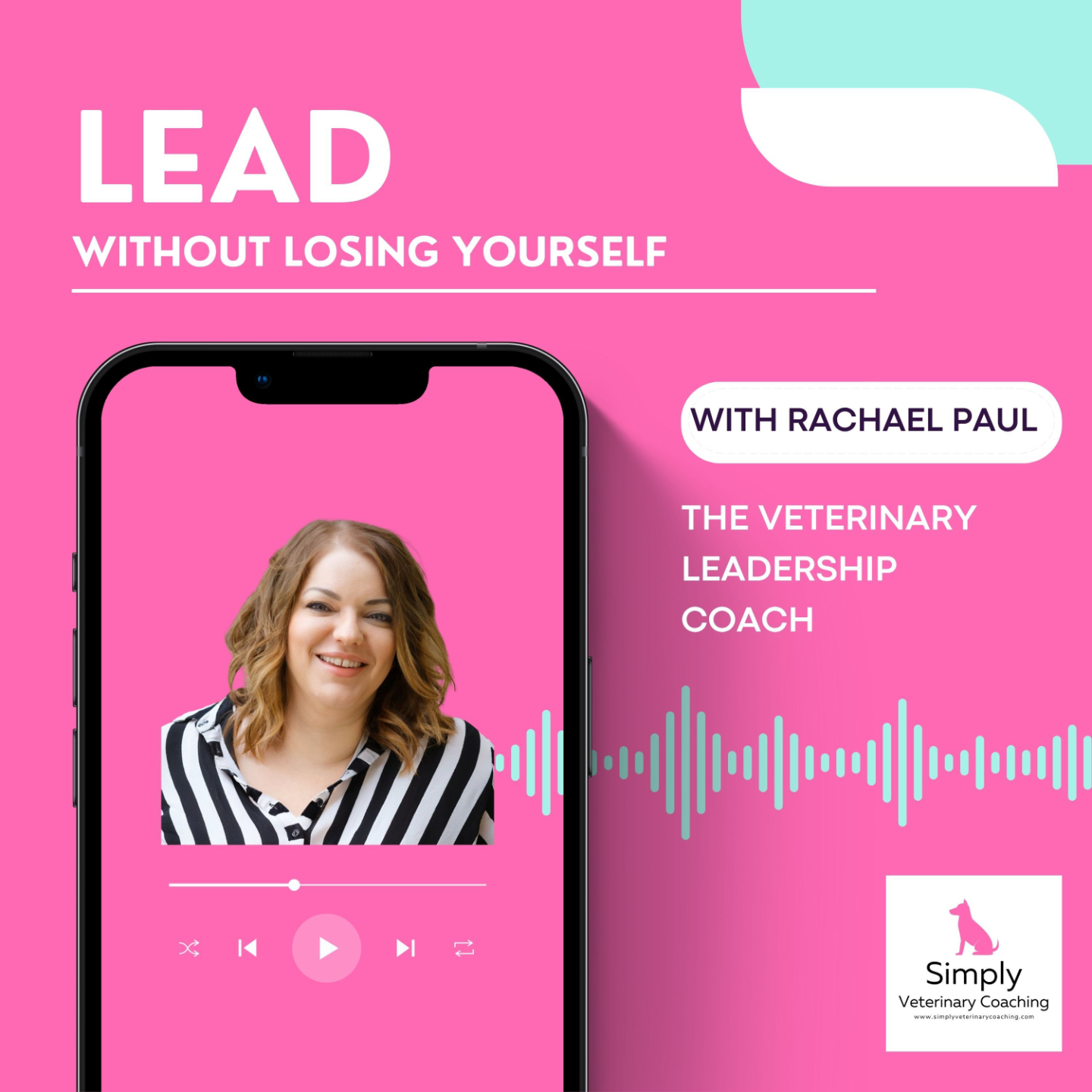3 Common Mistakes Veterinary Leaders Make When Interviewing
Here are 3 common mistakes I see veterinary leaders make when interviewing:
1. Not preparing enough.
If you don’t prepare for an interview, very simply the person sat in front of you will pick up on it and you’re likely to make a poor impression. How someone does anything is how they do everything, in other words – how you prepare and show up for an interview provides the interviewee with information about what their employment experience and working under your leadership would be like at your practice.
Sometimes you can feel like time isn’t on your side, and you just can’t prioritise the time to prepare properly, but interviews are one of those things that if you invest the time upfront it will pay dividends later. Remind yourself of the impact that a high-quality vet/nurse who aligns with your values and fits in with the team, can have on the practice. Then remind yourself of the people who haven’t worked out in your practice over the years and think about the tangible and unseen ways they damaged the practice.
In the current market, it’s unlikely the vet/nurse is interviewing only at your practice, so you have competition. With that in mind, you have to stand out. The way to stand out is to do what many others don’t, and many practice owners and leaders don’t prepare for interviews properly.
2. Not selling yourself.
An interview should be a two-way sales conversation where both the interviewee and the interviewer are highlighting their value to one another, but in the current candidate market I would say the interviewer needs to emphasise the value they can offer to a vet/nurse’s career more so than the other way around.
Over the years I’ve worked with practice owners and leaders who have shuddered at the thought of having to ‘blow their own trumpet’, but it doesn’t have to be in the way you think. An interview is very simply a conversation, with a meaningful exchange of dialogue. Your responsibility as the interviewer is to uncover the interviewees motivations and goals for considering a job move, and then highlighting the features and benefits of your practice that align with what you know is important to them.
3. Talking too much.
Many interviewers feel the onus is on them to lead and fill the conversation, but my general rule for a great interview is for the interviewer to be speaking 30-40% of the time, and the interviewee to be speaking 60-70% of the time, give or take. When it’s the other way around, the interviewee won’t feel heard or valued, and you won’t have been able to uncover what you need to know to assess the candidate against your criteria.
Whilst an interview is for you to find the right person, you need to shine the spotlight on the interviewee and give them the experience they are looking for to help them decide if you are right for them. It doesn’t mean you are compromising on finding out what you need to know, because you can glean so much information from a conversation by listening more than you talk. Asking well prepared open and curious questions creates space for the interviewee to reveal themselves to you.

